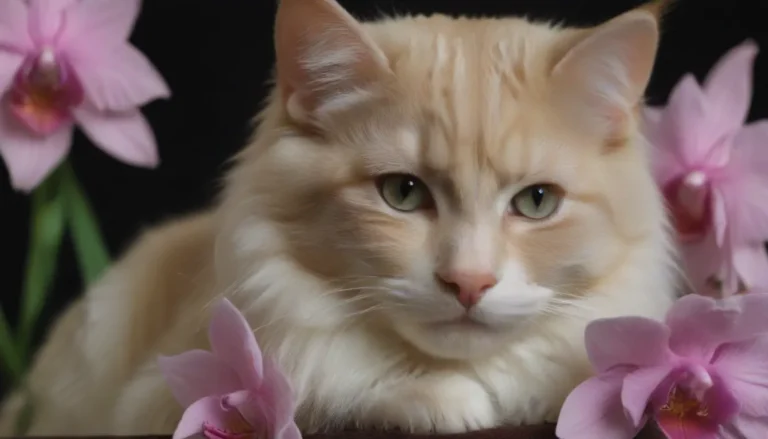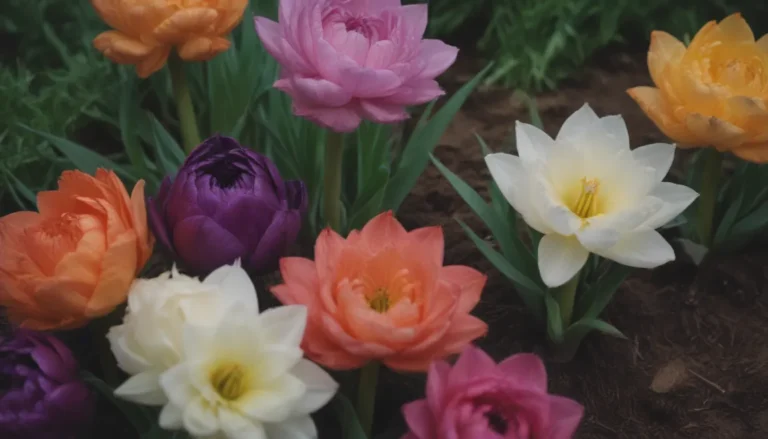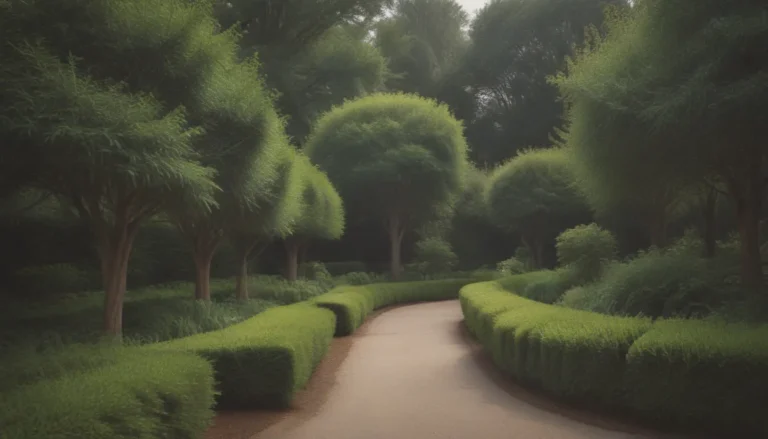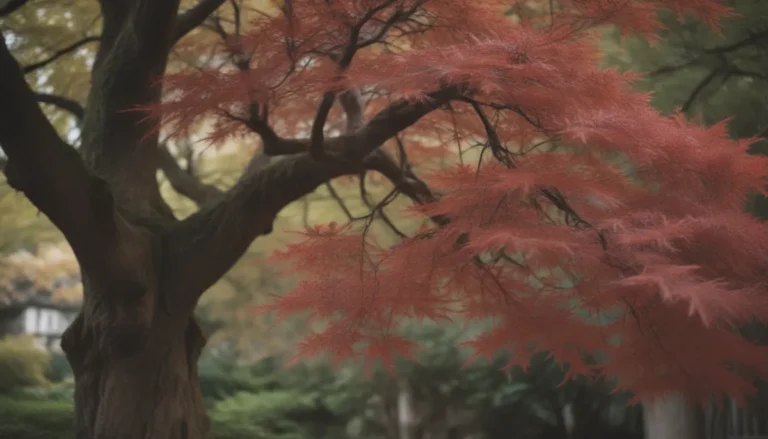Exploring Deer-Resistance in Hibiscus Plants

If you’re a gardener who loves the vibrant colors and elegant petals of hibiscus plants, you might be wondering: are hibiscus deer-resistant? While these beautiful blooms are often a garden favorite, they can also be a target for common North American pests like deer. Let’s delve into the world of hibiscus and discover how you can protect them from these hungry visitors.
Understanding Hibiscus and Deer
Hibiscus plants come in various species, each with its own unique characteristics. While tropical hibiscus (Hibiscus rosa-sinensis) originates from Asia, there are hardy varieties like Hibiscus moscheutos and Rose of Sharon (Hibiscus syriacus) that can thrive in cooler climates. However, if you live in an area frequented by deer, you may question the deer-resistance of your hibiscus plants.
Do Deer Eat Hibiscus?
The good news for gardeners is that hibiscus plants are typically deer-resistant. According to data compiled by Rutgers University, hibiscus plants are rated as seldom severely damaged by deer. While they may not be a top choice for deer munching, there’s still a possibility that deer might sample parts of your hibiscus plant, including the flowers, leaves, and bushes.
Protecting Your Hibiscus from Deer Damage
If you notice suspicious bite marks on your hibiscus petals, fear not! There are effective ways to prevent deer from feasting on your beloved blooms.
Plant a Deer-Resistant Garden
Creating a garden with deer-resistant foliage is a simple yet effective way to deter deer from damaging your plants. Surround your hibiscus with flowers like coneflowers, daffodils, lavender, and poppies, which are less likely to attract deer. Avoid planting deer-favorite flowers like roses, daylilies, azaleas, and pansies near your hibiscus to prevent deer damage.
Use Repellents
Repellents can be a powerful tool in deterring deer from your garden. Sound repellents produce sudden noises to startle deer, while motion repellents use lights or other motions to scare them off. Scent repellents emit odors that repel deer without being offensive to humans. These repellents can create a barrier between your hibiscus and hungry deer.
Build a Fence
While more costly, constructing a sturdy garden fence can provide a long-term solution to keep deer away from your plants. Not only does a fence protect your hibiscus from deer, but it also prevents other wildlife like rabbits and raccoons from causing damage. A well-built fence adds charm and elegance to your garden while safeguarding your hibiscus.
Ensuring Hibiscus Growth and Resilience
If deer do happen to snack on your hibiscus plants, don’t panic. Hibiscus is known for its resilience and many varieties are perennials that can withstand harsh conditions. The plant will likely regrow after being eaten, but the extent of regrowth depends on the damage inflicted. Providing your hibiscus with adequate sunlight and proper care can help encourage robust growth and recovery.
Protecting Against Rabbits
While deer might not be the only threat to your hibiscus, rabbits can also pose a challenge. These furry pests have a penchant for munching on flowers, including hibiscus blooms. Utilizing repellents or installing a fence can help keep rabbits at bay and safeguard your hibiscus plants from their appetites.
Similarities with Begonias
Much like hibiscus, begonias are another popular flowering plant in North American gardens. Deer-resistance in begonias varies depending on the type, with varieties possessing fuzzy stems or waxy leaves being more likely to repel deer. Hardy begonias and wax begonias are examples of begonia species that may experience occasional damage from deer, according to Rutgers University.
In conclusion, while hibiscus plants are generally deer-resistant, it’s essential to be proactive in protecting them from potential damage. By implementing strategies like planting deer-resistant foliage, using repellents, and building fences, you can ensure that your hibiscus blooms thrive in a garden free from unwanted guests.
Remember, a little effort in safeguarding your hibiscus plants can go a long way in preserving their beauty and health. With the right measures in place, you can enjoy the stunning colors and lush petals of your hibiscus plants without worry.





